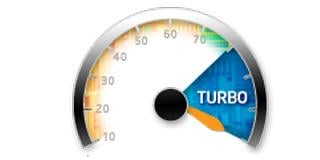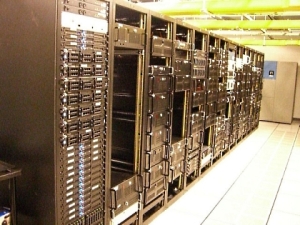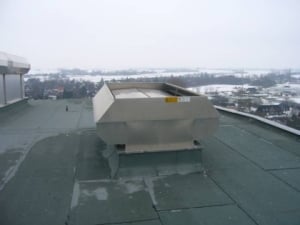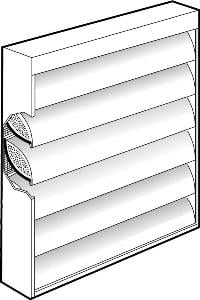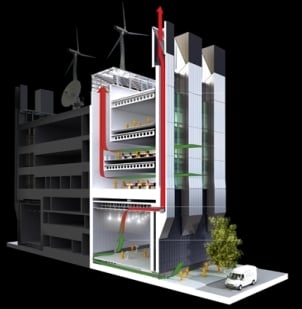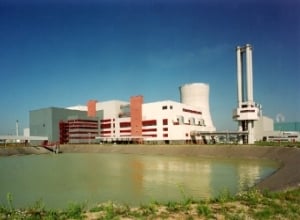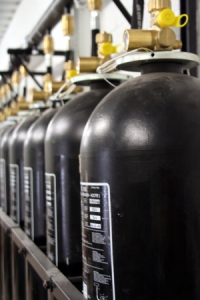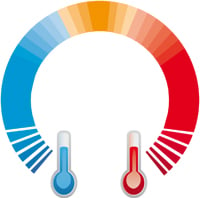Evaporative cooling (also known as adiabatic cooling), is an extremely efficient and cost effective means of cooling. It is particularly well suited to warehouses, data centres and other industrial buildings where the manufacturing processes generate relatively high levels of heat.
Read More
Topics:
Energy saving,
Climate Control,
Evaporative cooling
As a factory manager you may find that in spite of having done everything to keep your mechanical ventilation system in perfect condition, the temperature in your plant or in parts of it is getting higher. Over the years, the use of your factory building may have changed: for example, with the introduction of lean manufacturing practices, there may be a higher density of production machinery with consequent higher heat load in some areas of your facility, so that the system as it was originally designed and installed is not as effective as it used to be.
Read More
Topics:
Energy saving,
sustainability,
Climate Control,
Evaporative cooling,
Industrial ventilation
Data centres tend to be energy guzzlers, using vast amounts of power not only for running the equipment, but also for maintaining the temperature and humidity at the levels required by the servers for them to be able to operate correctly.
Read More
Topics:
Energy saving,
Climate Control,
Evaporative cooling
Boiler rooms need to be ventilated even when the outside temperature drops below zero, which means bringing in freezing air. These are typically unmanned areas, so it is acceptable for them to be colder than usual. However, very low temperatures could cause issues to the process equipment, such as freezing pipes or condensation.
What is the best way of ensuring the internal temperature at low level doesn’t drop too low? There are different options, depending on the building.
Read More
Topics:
Climate Control,
Power Plants,
Heating
If you are in the early stages of designing a ventilation system for a power generation plant, have you already thought about attenuation? Is the power plant near a residential area? Do you need to ensure that the ventilation system doesn’t allow unacceptable noise levels to come out of the building? It is important to make these considerations early on, as attenuation can have a big impact on the design.
Read More
Topics:
Natural ventilation,
Climate Control,
Power Plants
Television studios aren’t obvious candidates for natural ventilation, with the vast amounts of heat generated by the lights, cameras and equipment, and the need for acoustic insulation. Yet that was the choice BSkyB made for their new production centre in West London, Harlequin 1, which boasts the world’s first naturally ventilated TV studios.
An innovative box-within-a-box design
Read More
Topics:
Natural ventilation,
Energy saving,
Climate Control
In most cases, natural ventilation is the right answer for power generation plants. However, there are instances where mechanical ventilation may be the best choice.
Read More
Topics:
Natural ventilation,
HVAC,
Climate Control,
Industrial ventilation,
Power Plants
The pharmaceutical industry operates in a highly competitive environment, and one where research and development take a long time and require extremely high investments. In addition, because of the nature of their products, manufacturers have to meet stringent regulations that ensure the safety and quality of the pharmaceuticals they produce. It is crucial that they maximise the cost efficiency of all processes, from production to storage and logistics.
Read More
Topics:
Energy saving,
Climate Control
When planning an air conditioning system for their building, consultants, specifiers and building operators have to deal with regulations on fluorinated greenhouse gases, or F-gases. What are the implications of these regulations, since they are increasingly tighter than previous regulations and what can you do to mitigate the issues surrounding F-gas?
Read More
Topics:
Regulations,
Climate Control
Conventional air conditioning systems are big fossil fuel consumers, but today there are alternatives that can deliver big savings in fuel consumption and running costs. Energy can be found in water, in the air and in the ground, and with the right technologies it can be harnessed to heat and cool buildings.
Read More
Topics:
Energy saving,
Climate Control,
Heat pumps,
Heating


